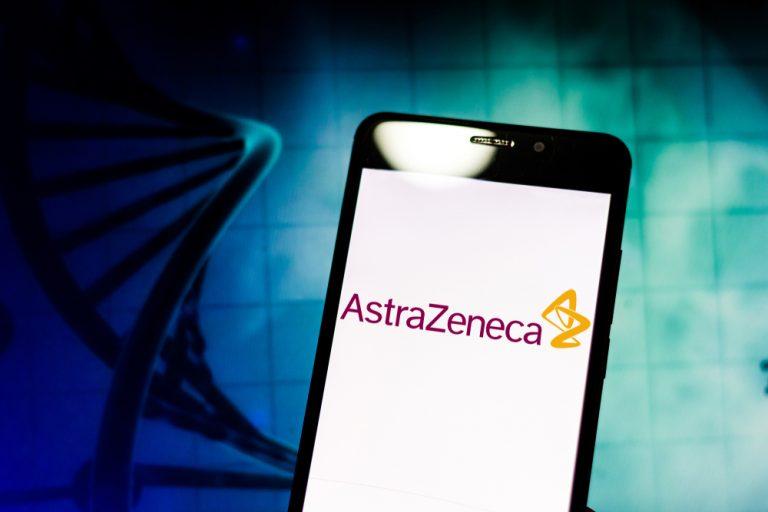
AstraZeneca plc (LON: AZN) have ended their phase three Strength trial for Epanaova in an update on Monday.
The firm added that this could lead to a $100 million impairment, something which will worry shareholders.
Astra said that this decision was based on a recommendation by an independent monitoring g committee, which said that Epanova is “unlikely to demonstrate a benefit to patients” with mixed dyslipidaemia who are at increased risk of cardiovascular disease.
Mene Pangalos, Astra’s executive vice president of BioPharmaceuticals R&D, said: “It was important to assess the potential benefit of Epanova in mixed dyslipidaemia. We are disappointed by these results, but we remain committed to addressing the needs of patients in the cardiovascular space where we have an extensive pipeline.”
“Any impairment will be treated as a non-core item in the fourth quarter of 2019. A write down of up to USD100 million relating to inventories is also anticipated to impact the core earnings in the fourth quarter of 2019,” Astra added.
Astra also said that they are reviewing the ongoing value of their $533 million Epanova asset.
Astra slow down after electric start to 2020
Just one week ago, Astra said that they had received the green light on both their Lokelma and Farxiga drugs.
AstraZeneca said that the Lokelma drug has been approved in China for the treatment of hyperkalaemia and Farxiga granted a priority review by the US Food & Drug Administration.
Lokelma is used to treat conditions such as hyperkalaemia which is diagnosed by high level of potassium in the blood, which can lead to many other long term health complications.
The firm had seen a very impressive few weeks of trading as they agreed a tie up deal with Deepmatter Group PLC (LON:DMTR) in a digital technology venture.
Additionally the firm also outlined plans to market their Lynparza drug which was agreed with US based Merck & Co (NYSE:MRK).
The approval in China is based off the successful results from the III SOLO-1 trial, which showed that Lynparza significantly reduced the risk of disease progression or death by 70% in women with BRCA-mutated advanced ovarian cancer following response to platinum-based chemotherapy.
Roy Baynes, senior vice president and head of Global Clinical Development, chief medical officer, MSD Research Laboratories, said: “Today’s approval of Lynparza reinforces the importance of patients knowing their BRCA mutation status at diagnosis.
“We are proud to provide a new option for the treatment of this devastating disease in China, and we will continue to collaborate with the Chinese government and healthcare organizations to provide Lynparza to patients who need it as quickly as possible”.
Certainly, there had to be a slow down for AstraZeneca following a very impressive few months of trading.
However, shareholders will not be too concerned with the updates provided today as the new deals outlined will massively increase potency and reach in the pharmaceuticals market.
Shares of Astra trade at 7,661p (+0.21%). 13/1/20 10:58BST.
